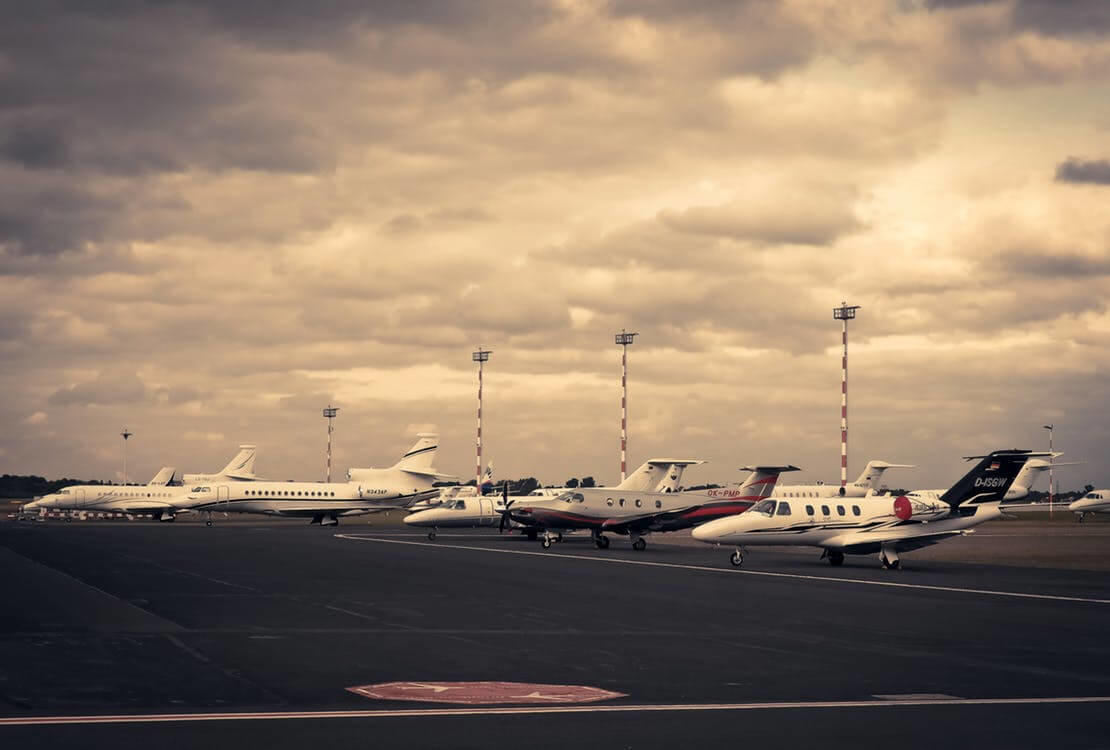The way in which we all fly has moved on so much in recent years. From booking a ticket to accessing entertainment whilst on board, technology has make private flights in particular far more reliable and enjoyable throughout the journey. A big part of that has come about through changes to online flight booking.
Smartphone apps are used for all manner of areas concerning a private charter flight. Passengers are able to book a ticket in a matter of seconds if they have the right app and a destination in mind. They can also track a flight’s progress thanks to GPS, which is used for each plane. It gives real-time information on whether a flight is on-time or delayed.
Last Minute Bookings
Booking a flight at short notice is another way in which private charter flights have been transformed by technology. Either via a booking app or a website of a charter company like Fly Victor, customers can choose a plane, departure time and destination instantly. This is possible without having to overcome reams of paperwork and admin obstacles.
Finally, smartphones are increasingly being used in the process of checking passengers into the airport terminal. E-passports are being used more extensively to make entering foreign countries far quicker. This saves passengers the hassle of having to root around for their paper passports and saves time in being passed through security gates.
Luggage and Entertainment
Private passengers have been able to process their luggage far more quickly as well. The use of RFID tags for suitcases and hand luggage allows passengers to see where it is and whether it has been transported safely on their flight. Security technology has been a major growth area in the private jet industry, where many valuable items need to be taken care of.
Arguably the biggest area for tech improvements has come in the jets themselves. On board, the entertainment offered has been greatly improved because many private jets come with super-fast WiFi. With that installed on jets, passengers can access whatever entertainment they like, as well as using it to get some urgent work done during their flight.
The industry has also benefited from being able to make their planes lighter, easier to pilot and more energy efficient. At a time when there are concerns about the cost of fuel both economically and ecologically, this is hugely important. The tech used for interiors like flat-screen TVs, meanwhile, has made long haul flights far less of a chore and more of a joy.
Business
How Technology Bolsters the Private Charter Jet Industry



